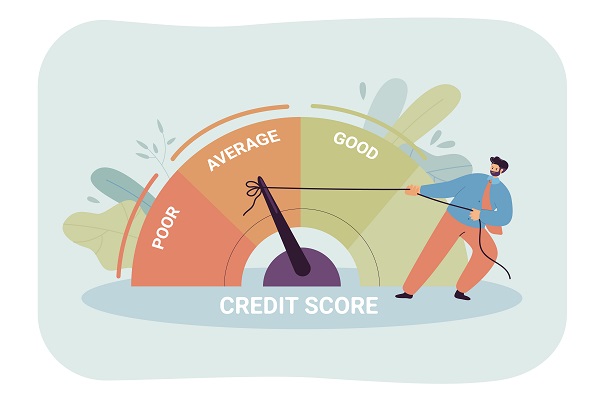Improving Your Business Credit Score: Tips and Tricks for Financial Empowerment
When embarking on the journey to enhance your business credit score, it’s essential to have a robust understanding of what this metric represents. Your business credit score reflects the creditworthiness of your enterprise, much like a personal credit score does for an individual. This score influences how potential lenders, suppliers, and partners view the financial stability of your business. A higher score can translate into lower interest rates on loans, better terms with suppliers, and more opportunities for expansion and growth. To nurture and improve this crucial score, there are several nuanced strategies that businesses can adopt.
Payment history stands as a cornerstone of your credit score. It’s a direct signal to lenders and creditors about how reliably your business meets its financial obligations. Ensuring that your business makes payments on time or even ahead of schedule is a fundamental practice that can lead to incremental improvements in your credit score. Timeliness in settling debts speaks volumes about your business’s financial management and organizational capabilities. This reliability can not only bolster your creditworthiness but also enhance your reputation in the industry.
A deeper dive into the concept of credit utilization reveals its significance in the calculation of your credit score. Credit utilization is the ratio of your current credit debt to your available credit limits. A lower ratio is usually perceived favorably by credit bureaus as it suggests that your business is not over-leveraged. Maintaining this delicate balance can be challenging, especially for growing businesses that might rely heavily on credit for their operational expenses. However, managing this aspect effectively by spreading out debts and keeping utilization low is a strategic move that can result in a more favorable credit score.
In the realm of credit, age is more than just a number; it is an indicator of experience and stability. The length of your credit history can add depth to your credit profile, underscoring your long-term viability and financial consistency. Businesses with a longer credit history are often seen as less risky, which is why it is beneficial to maintain long-standing credit accounts. Even if certain credit lines are not in active use, they may contribute positively to the overall credit history of your business, provided they are in good standing.
Beyond these foundational elements, vigilant monitoring of your business credit is indispensable. With the myriad of factors influencing your credit score, it’s critical to regularly review your business credit report for accuracy and completeness. Any errors or omissions can unjustly tarnish your credit standing. Promptly addressing these discrepancies with credit bureaus can help ensure that your credit report is an accurate reflection of your business’s financial integrity.
Lastly, the pursuit of a better business credit score is not isolated from the general financial health of your enterprise. Strategies such as maintaining robust cash flow, instituting a sound credit policy for your customers, and separating personal and business finances all contribute to a stronger financial foundation. Engaging with a financial advisor can provide tailored advice to navigate the complexities of credit management and position your business favorably for future credit evaluations.
In conclusion, enhancing your business credit score is a multifaceted endeavor, integrating punctual payments, judicious credit utilization, a mature credit history, diligent monitoring, and comprehensive financial management. The path to a better business credit score requires patience, discipline, and a strategic approach, but the rewards — including better financing terms and a reputation for reliability — are well worth the effort. Your business credit score is not just a number; it’s a reflection of your business’s past financial decisions and a beacon for future opportunities.







